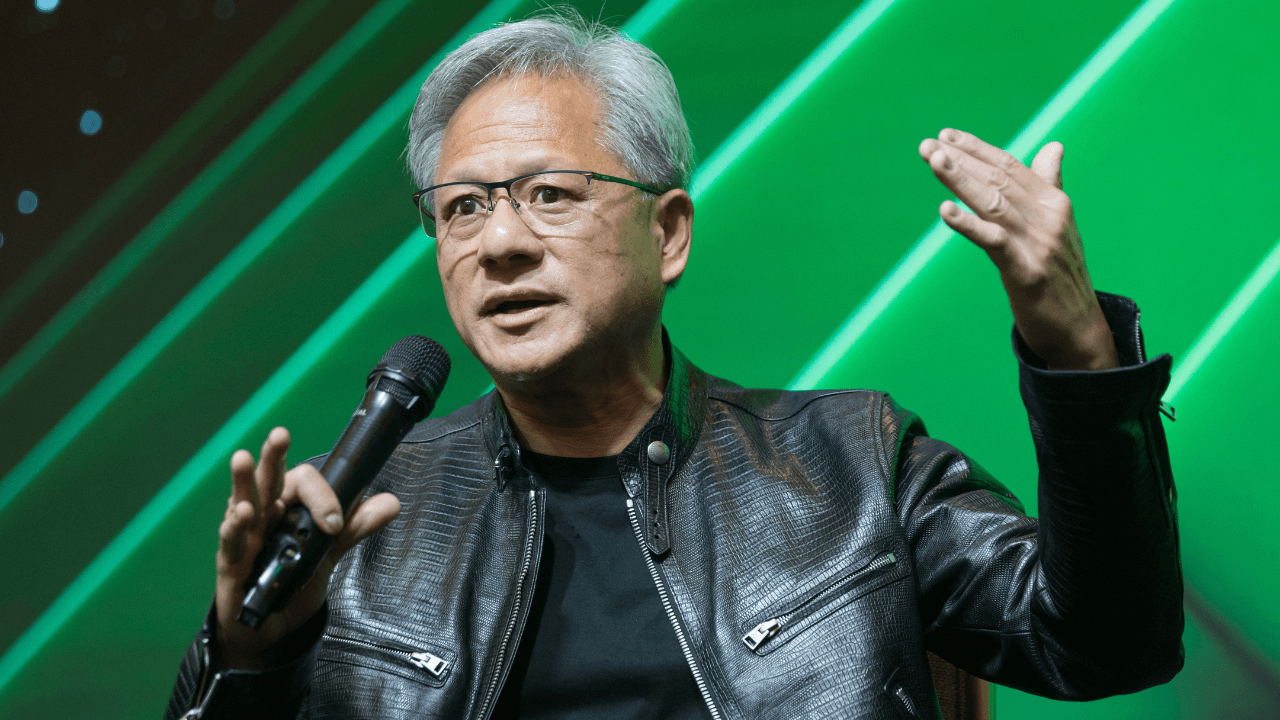The rapid growth in artificial intelligence in 2025 has redrawn the boundaries of the technology sector and created historic leaps in personal wealth. According to CB Insights data, 53 companies worldwide have achieved “unicorn” status since the beginning of the year. More than half of these companies, valued at over $1 billion, are AI-focused startups. This rapid rise has led to the emergence of at least 29 new billionaires in the last 18 months.
AI billionaires are coming
The impact of AI on investors, companies, and the market has been likened to the gold rush of the 19th century. Startups that experience massive growth in a very short time are propelling their founders and senior executives to the top of global wealth rankings.

It is reported that many individuals who are not officially registered as billionaires because not all of their company shares are publicly traded, but whose holdings have surpassed this level.
Among these names, Anthropic CEO Dario Amodei, Mira Murati and Ilya Sutskever, who left OpenAI to start their own companies, Perplexity’s top executives, and Scale AI CEO Alexandr Wang stand out. These entrepreneurs, who have attracted considerable attention in the industry with the models and platforms they have developed, are attracting attention not only for their technological impact but also for their financial size.
One of the biggest winners in the AI ecosystem is Nvidia. The company’s surge in stock value has led to a historic increase in CEO Jensen Huang’s wealth. According to Bloomberg data, Huang’s personal fortune has reached $159 billion.
Developing games with AI will become much easier next year.
This makes Huang the eighth-richest person in the world. He is reported to have added $44 billion to his fortune in 2025 alone. As Nvidia’s growth continues, Huang’s wealth is expected to grow even further.
This Silicon Valley-based wealth increase demonstrates the scale of AI’s economic impact. As technology transforms a wide range of industries, from manufacturing to services, it becomes increasingly clear who will benefit the most.
This new wave of wealth, fueled by diverse channels such as venture capital, hardware production, and software development, offers a compelling picture of how artificial intelligence is shaping economic balances.













